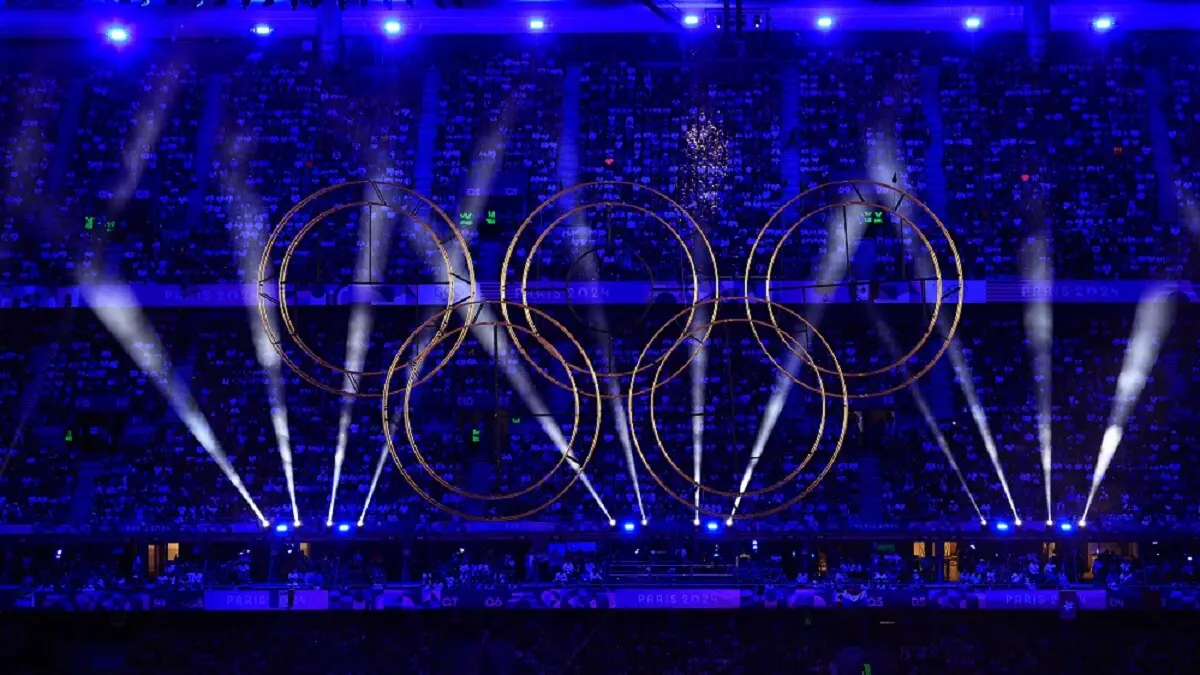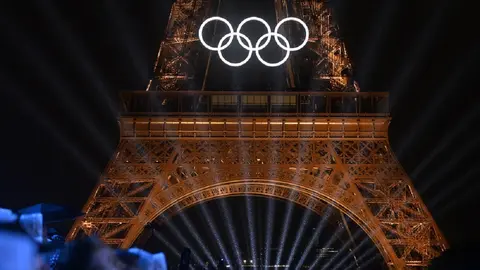Time for Olympic accounts

Whether we like it or not, France in general and Paris in particular have hung around their necks an incontrovertible gold medal for soft power, that which permeates and embeds itself in the hearts and minds of humanity as opposed to the strong power wielded through the economy and the power of arms.
Since Tokyo 2020, with its $20 billion cost, took first place in Olympic history (excluding the estimated 40 billion for Beijing 2012, but that is another accounting), few cities have bid for successive quadrennial events, both the Summer and Winter Games. Arguments such as "you will put your city on the world map" or "you will multiply the volume of tourism, business and investment" were no longer attractive enough to convince potential candidates - Madrid, for example - that the formidable costs of hosting an Olympic Games would be offset by the supposed future benefits to be received.
Well, in the absence of the Olympic flame being finally extinguished (let us not forget that the Paralympic Games, which will also be held in Paris from 28 August to 8 September, are still to come), the balance sheet will have to undergo a number of changes.
Firstly, the International Olympic Committee (IOC) will have succeeded in demonstrating that the meteoric upward spiral of costs has come to a halt, as these Games will have fallen below the 10 billion dollar mark for the first time since Sydney 2000. Thus, Athens 2004, Beijing 2008, London 2012, Rio 2016 and Tokyo 2020 all saw huge deficits, which were not compensated either financially or by the so-called intangibles, i.e. the short- and long-term economic impacts, as well as the supposed domino effect in the years following the event.
According to a study by the University of Oxford, published last May, the last six Games, prior to Paris, have resulted in a budget deviation of more than 100%, which in the opinion of its authors has never been the case with respect to the budgets of other major events or emblematic works.
But, all things considered, the truth is that, including the sacrosanct game of football, there is no other global event that not only has such a massive media audience, but also offers the whole of humanity the demonstration that even the most unknown athlete from the most ignored country can win the glory of an Olympic medal, thus deserving the homage of all the others. The television stations of all those countries with a representative specialising in something above the rest will shower him or her with attention. And, among the most powerful, their own public will discover sports, modalities and compatriots in flesh and blood to whom they had not paid any attention until they discovered them at the Games.
In this chapter of broadcasting, then, it is worth noting the vision of NBCU, which in 2014 succeeded in convincing the IOC to give it the broadcasting rights "on all platforms and media" for the period 2021-2032. At the time, many considered such a bid to the tune of $7.65 billion to be too risky. Based on what has already been raised in Paris, more than 3 billion, and the projection they already have for Los Angeles 2028, they will reap revenues never seen before for Olympic events.
Each participating country, and in these Games there have been 205 delegations, has made its own investments and will surely also make a profit and loss balance sheet for these. In the case of Spain, the expectations of surpassing the 22 medals won in Barcelona 1992 have not been met, but neither has the financial effort been made this time that was made then with the ADO Programme. Italy, the mirror in which Spain wants to look at itself in so many things, has done so and has won twice as many medals as the Spanish. The medals, an exponent of Olympic glory, also contribute to the exposure and prestige of a country, that is, to its soft power, a corollary of its general level in the world concert of nations.
And finally, with regard to France, an editorial in Le Monde points out that "no sporting event has ever solved a persistent social malaise or political crisis", clearly alluding to the country's post-electoral and pre-Olympic panorama. However, in the light of what has been experienced and witnessed over these 17 days, France has shown a functioning state, mobilised and impeccable public services, reliable companies and an army of volunteers from all over the world, who have shown the most welcoming face of France. In short, a powerful boost to their own morale as a people and a nation that still wants to project its history and its influence on an international community that is struggling hard to find its points of reference.


